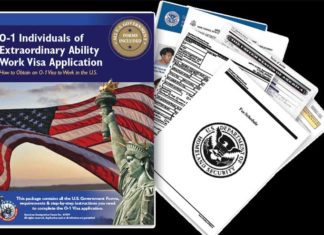The United Kingdom clarified that Indian students would face no alteration in the visa application even as New Delhi takes note of British decision to except Indian students from a new list of countries considered “low risk” in order to alleviate an easier visa application procedure to UK universities.
“Indian students will experience no change as a result of this announcement, there is no limit on the number of genuine Indian students who can come to study in the UK. The fact that the year ending March 2018 saw a 30% increase in Tier 4 visas issued to Indian students is proof that the current system allows for strong growth in this area”, said the spokesperson of British High Commission in New Delhi.
Why Indian students, not part of “low risk” category?
The spokesperson said “This was a routine review of the Appendix H list conducted by the Home Office, which is regularly updated due to the fact that countries risk profiles change over time. Analysis of objective data has shown that India remains below the level required to consider a change at the current time.”
Relaxation of Tie-4 visa category:
In alterations to its immigration policy tabled in Parliament on Friday, the UK Home Office proclaimed a relaxation of the Tier 4 visa category for abroad students from around 25 countries.
United States, Canada, and New Zealand, are included in the list, while the Home Office added China, Bahrain and Serbia as countries from where students would face decreased checks.
Commenting on development:
An Indian official said “We have taken note of the recent announcements. We always maintained that the easy mobility of students and professionals are an important aspect of ties.”
Not including India in “low-risk group,” insult to India: Bilimoria
Indian-origin entrepreneur and President of the UK Council for International Student Affairs (UKCISA) Lord Karan Bilimoria, delineated the decision of not considering India in the “low risk” group as an “insult” to India and other instance of Britain’s “economically illiterate and hostile attitude.”
By Sowmya Sangam















































